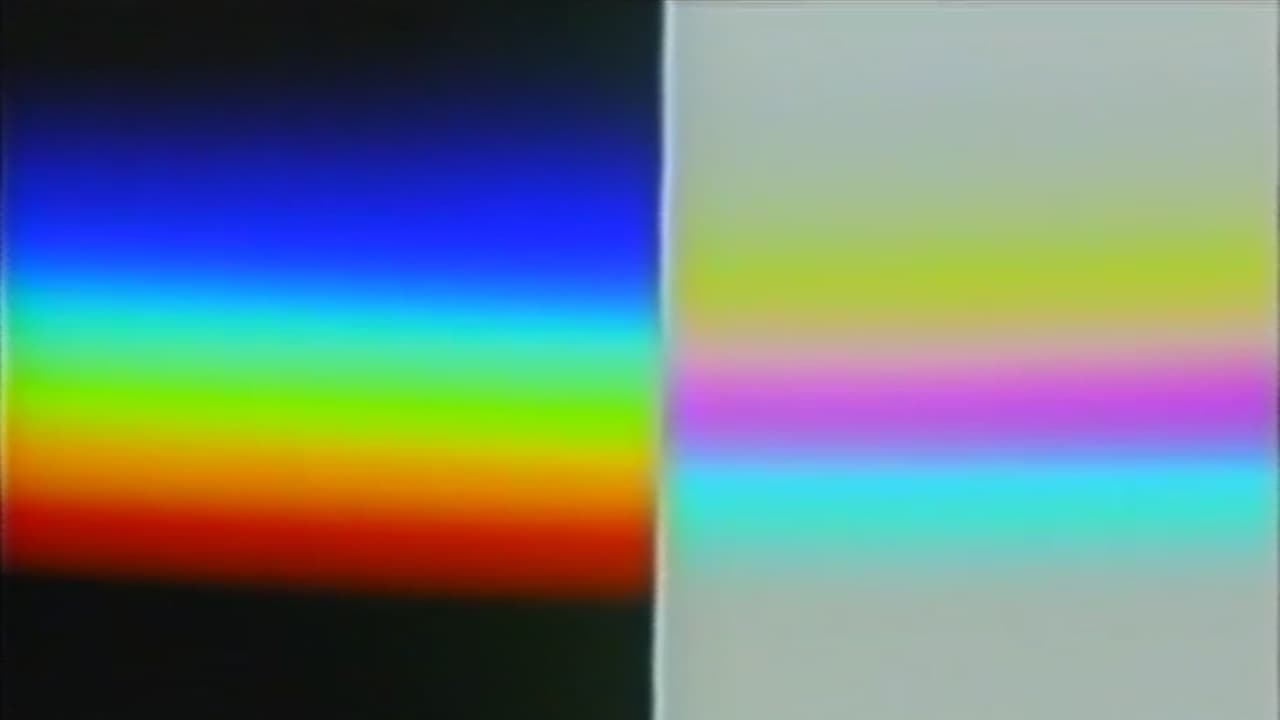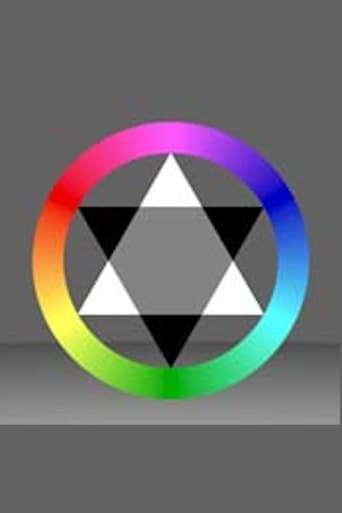Using Goethe's Theory of Colors (Zur Farbenlehre) as point of departure, Light Darkness and Colors takes us on a fascinating journey through the universe of colors. In 1704, Sir Isaac Newton published Light and Refraction, his study of the interactions between sunlight and prisms. Newton was, as a good scientist, intent on achieving objectivity, which meant studying sunlight in isolation. He thought colors were contained solely in light, and found the spectrum he was looking for. When he reproduced this experiment, Goethe found another, hidden set of colors missed by Newton. Goethe found the hidden colors in the boundaries between light and darkness. He felt, as an artist, that one could not talk about light without including darkness. Calling it 'the light-darkness polarity', Goethe made this new scientific discovery using artistic methods in conjunction with science.



